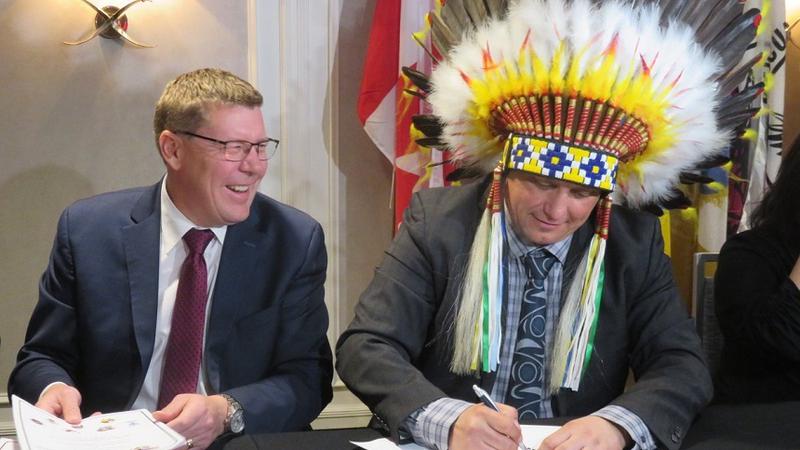
Saskatoon Tribal Council Chief says relaxing drug penalties will ‘make change in First Nations peoples lives’
Saskatoon Tribal Council Chief Mark Arcand is hoping newly tabled legislation aimed at easing penalties for drug offences can have the impact he dreams of.
“It’s going to make change in First Nations peoples lives,” Arcand said. “It’s all about rehabilitation.”
Attorney General David Lametti introduced Bill C-22 in the House of Commons Thursday. The bill would repeal mandatory minimum penalties for certain drug offences which the Liberals say have disproportionately harmed Indigenous, Black and other offenders struggling with addictions.
Arcand said stricter penalties for drug offences under previous federal governments have attributed to a rise in Indigenous offenders in prison with a mandatory minimum penalty.


